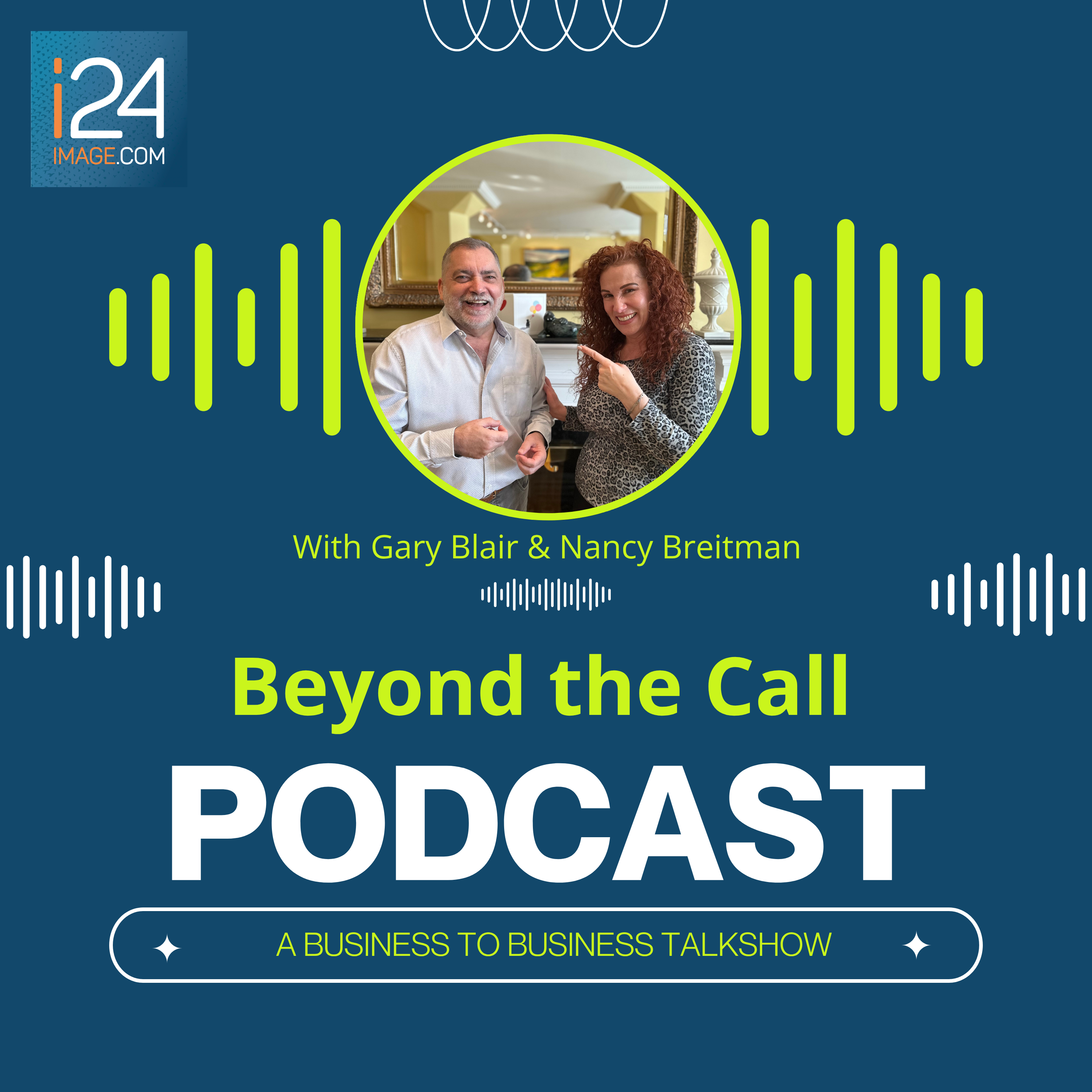Stop Taking Work on Vacation: Discover the Freedom of a Call Answering Service!
If so, you may be suffering from F.O.M.B. (Fear of Missing Business).
Like F.O.M.O. (Fear of missing out), F.O.M.B. (Fear of missing business), can cause the following:
- Insomnia
- Feelings of guilt
- Anxiety
- Depression
- Agitation
Your vacation is sabotaged before it’s barely begun.
Prescription for taking a guilt-free vacation
- You’re afraid of facing a mountain of work when you get back.
Rx – Inform your customers and network that you are taking “downtime”.
Using an email or telephone autoresponder service helps let people know you’re away. But it is always a good idea to give them notice before you pack your sunscreen or skis.
If people don’t know you’re on vacation, they won’t be happy when their messages, emails and calls go unanswered. That’s awful for the customer experience…
- Nobody does it better.
You have a good team. You hired and trained them yourself. They passed the tests and demonstrated their expertise.
You invested a lot in their training. (Ongoing Employee Training gives you the best Return on Investment)
So why do you feel everything will fall apart at work if you’re not there?
Micromanage much?
Rx – Here are some other ways that may indicate you’re a micromanager.
– Resist delegating.
– Immerse yourself in overseeing the projects of others.
– Start by correcting tiny details instead of looking at the big picture.
– Take back delegated work before it’s finished if you find a mistake in it.
Check out this useful article on “micromanaging”: Signs That You’re a Micromanager by Muriel Maignan Wilkins
- Vacations cost money.
Duh!
There’s not only the personal cost of the trip or staycation but, the possible cost due to lack of productivity or business during your absence.
Rx – the cost of not taking time off mean more stress, fatigue, and burnout.
According to a poll of senior business leaders, 91% of employees who use their paid time off return more focused, productive, and ready to work.
- You’re afraid of missing an important call.
Leaving your cell phone, tablet or laptop at home isn’t practical.
We live in an “always on” connected world.
Rx – To avoid the “shakes” and other withdrawal symptoms, try these following tips.
Three tips to minimize the amount of work-related calls:
If you’re looking to reduce the number of work-related calls you receive, there are a few strategies you can implement:
- Consider creating a dedicated folder for important emails and calls. This will allow you to easily prioritize and manage incoming communications.
- You may want to limit call permissions to just one person, such as a supervisor or manager. This can help reduce interruptions and ensure that you’re only receiving calls that are truly important.
- Setting a specific time for checking emails can also be helpful. By doing so, you can avoid getting sidetracked by constant notifications and focus on completing your tasks more efficiently.
How a call answering service helps you avoid F.O.M.B.
Even if you left your office with a strong “right hand”, work will be disrupted.
Murphy’s Law loves disruptions.
A small change in routine is enough to allow Murphy to come knocking.”
If I don’t follow the same order each morning, I’m likely to forget my lunch, my keys or come home to find the milk in the cupboard and the cereal in the fridge.
But we’re not robots. Change in routine is routine.
One way to alleviate the risk is to put your trust in someone who has only one thing to focus on – your calls and emails.
Trust is critical for peace of mind.
If you choose to outsource your call management to a virtual receptionist, you free yourself (and your support staff ) from the worry of missing a call.
Your calls are screened and managed according to your specific needs.
Unlike us, a professional virtual receptionist doesn’t take time off.
This relieves stress on your team and relieves you from the symptoms of F.O.M.B.
“But you need to be realistic. It’s important to realise that a healthy business requires a healthy leader. If you’re not taking proper care of yourself, and that includes taking a break, you’re also not taking proper care of your business.” – Jonny Gifford of the Chartered Institute of Personnel and Development
We all need to recharge our batteries. But if we continue to work, or worry about work, while we’re on vacation, it will take much longer to recharge.
Take the time to recoup.
Having a healthy work-life balance is good for you and your bottom line.





